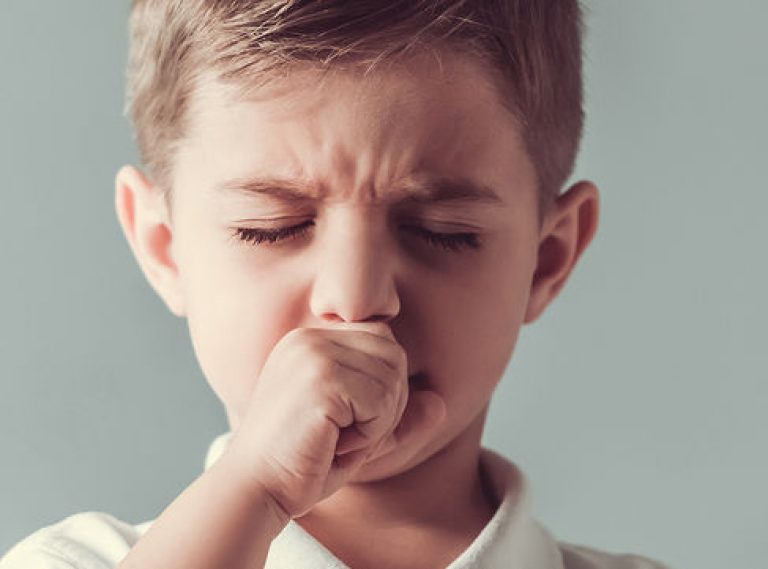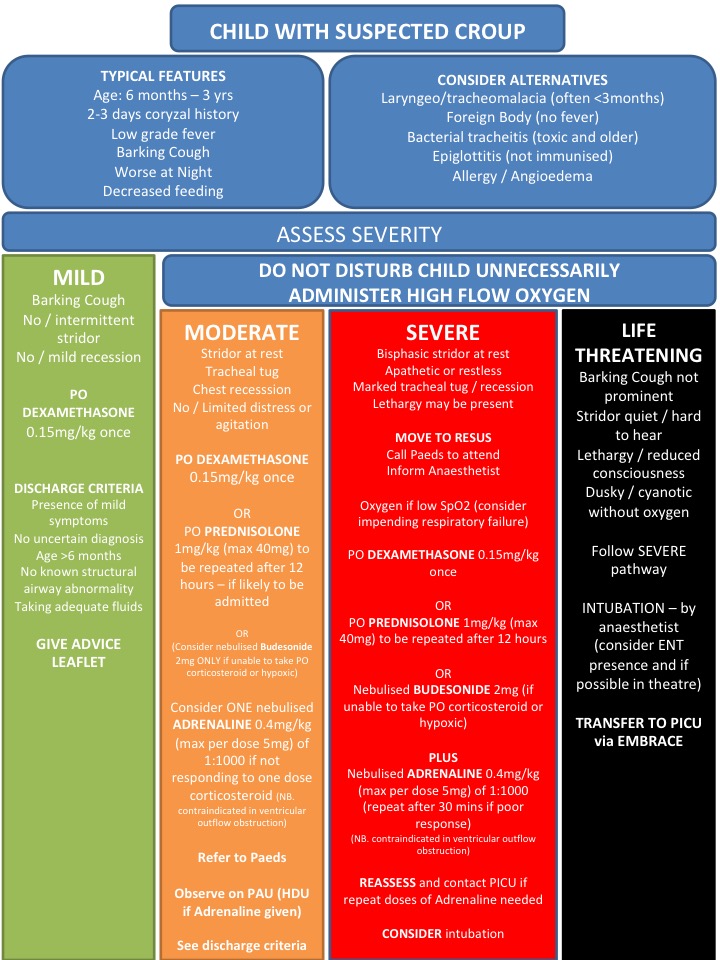Divine Info About How To Deal With Croup

Moderate to severe croup.
How to deal with croup. A corticosteroid — such as dexamethasone — may be given to reduce swelling in the airway. Croup is a swelling of the voice box (larynx) and windpipe (trachea), usually caused by a virus. [2] croup and your child’s body fighting the illness will likely make them very tired.
Ask your health care provider how much to give and follow the directions. Croup (known medically as acute laryngotracheobronchitis) is caused by several common viral infections that cause the upper airways to swell. Help your child get plenty of rest.
Encourage the child to drink lots of fluids. Its hallmark symptom is a barky cough. Try using the following to help croup symptoms pass:
Get help immediately if symptoms become serious if the child's symptoms don't settle quickly with comforting and once they stop crying,. The sound of your kid’s barking cough is enough to send shivers down. Most cases of croup are mild and can be treated at home.
Medical treatment for mild croup may include: Treatment comfort measures. Adding humidity to the air can help ease the symptoms of croup.
In patients with moderate to severe croup, the addition of nebulized epinephrine improves symptoms and reduces length of hospitalization. It's usually mild, but it's important to call nhs 111 if you think your child has croup as they may need treatment. Croup is a common respiratory illness of the trachea, larynx, and bronchi that can lead to inspiratory stridor and barking cough.
Get immediate medical help if your child is having trouble breathing and swallowing, discoloration,. Most often, younger children (6 months to 3 years old) develop croup because their airways are so small. Fever reducers (antipyretics) adequate fluid intake;
Try to keep your child calm, as crying can make croup worse. Adding humidity to the air may. Like most illnesses, getting plenty of rest is an important part of recovering from croup.
Is less than 3 months old and has a temperature of 38 °c or above is aged 3 months or older and has a temperature of 39 °c or above your child has a distinctive barking cough your child makes a harsh sound when they breathe in croup can usually be diagnosed by a gp and treated at home. Takeaway most croup cases are mild, but croup can be serious in younger kids and babies. Treatment for moderate to severe croup includes:
A single dose of oral dexamethasone ; Overview croup refers to an infection of the upper airway, which becomes narrow, making it harder to breathe. The cough and other signs and symptoms of croup are the result of swelling and irritation around the voice box (larynx), windpipe (trachea) and bronchial tubes (bronchi).


















